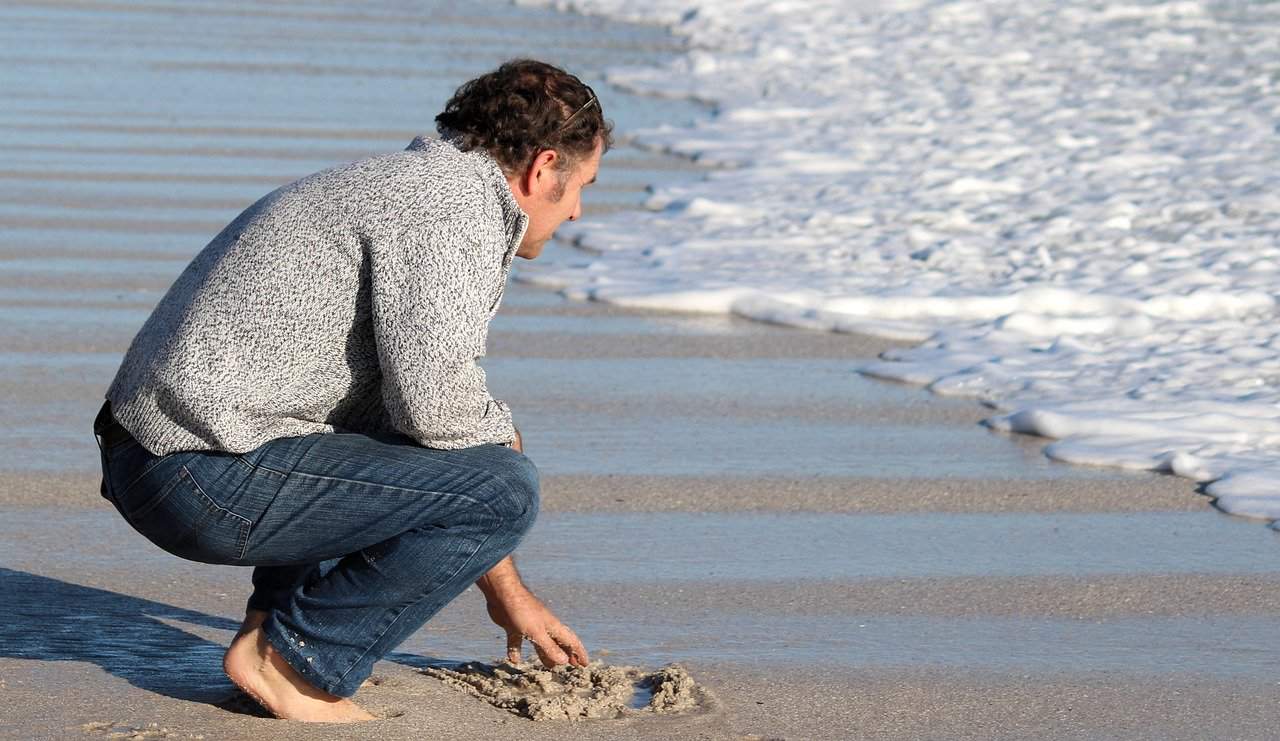


Accepting powerlessness isn’t limited to being powerless over your addiction to alcohol and drugs. In recovery, you’ll learn that you are also powerless over other people, places, and things. Right now, in the age of the coronavirus, this is more important to learn than ever.
You can’t always predict what is going to happen in life. Nobody seemed to suspect that something like the COVID-19 pandemic would happen.
If you’re having trouble accepting you're powerless, you’re not alone. There is a lot of pain in the world because of the virus. Many people right now are coping with job loss. Some people are sick or know somebody who has been ill. People have been laid off in massive amounts, too. Job loss can cause money problems, anxiety, and even affect a person’s self-worth. You may feel worried, angry, or afraid of what’s happening in the world.
Many people who have lived with addiction have trouble admitting they’re afraid. When you were using, you probably used your drug of choice to quell your feelings of anxiety or fear.
Suppressing your fears can cause problems. You may act out in anger or find yourself feeling depressed or isolated.
You have fears, but you are powerless over what is going to happen in the world around you tomorrow. Learning to recognize your emotions and name them is essential. You may be afraid of getting sick or losing somebody. If you don't talk about it, the anxiety can stop you in your tracks.
You’ll find that other people have had the same fears and have continued to stay sober despite it all. Ask other people what kind of concerns they have, too. Write down your fears in a journal every morning and try to leave them in the book once you've started the rest of your day.
You're powerless over what is happening in the world right now. The good news is that what the world is going through won't last forever. With the coronavirus, the medical community and the government seem to make strides on a day-to-day basis. That’s a good direction for everyone else to keep in mind, too. One day at a time can help you keep things in perspective. There's no way to plan for things you can't control.
The economic problems won’t last forever, either. Jobs may change, but they will come back. Nobody knows precisely what the future will bring, but for now, it seems that there are many public officials and private companies that are trying to shape that future.
Focus on what you're doing today for yourself and your recovery. Focus on helping the people you love or are checking in with.
Right now, your recovery is more important than ever. Staying sober will help you make better decisions. Choose to connect with people in recovery often. Text, call on the phone, or video chat. If you’re in a city or state with a stay-at-home order, don’t risk your health by breaking the rules. Go to online 12-step meetings, either hosted by your area or the Online AA Intergroup.
Take care of your physical health and mental health. If you take medications, make sure you get refills and take them as you're supposed to. Eat three meals and try to get up on time every day.
If you have lost your job, it may be a while before there are more jobs available. Many people in the service, hospitality, retail, and manufacturing industries have been furloughed. Do what you can to take care of yourself financially. If you are unemployed there are options for you. Check online for unemployment and stimulant packages that you can apply for online. Take some time to look at your options. Everyone needs help sometimes. If you have bills you need to pay, but cannot, call the companies and ask them about your options.
Make sure you have a plan of who to call and where to go if you get sick, and keep in touch with people you care about or are worried about. Take precautions such as wearing a face mask when you're going out. Stay home as much as possible.
If you’re overwhelmed, reach out for help. Call your sponsor or a friend in recovery. Times are tough, and connecting with other people in recovery can help you feel supported. You can help support them, too.
Sober living situations are an important part of the journey for many people in recovery. People who choose it often say it is an essential bridge between treatment and life out in the world alone. Sober housing has structure and support built into it, and there are fellowship and camaraderie. You’ll be a part of a true community that puts your recovery before everything else. Learn more about your options by calling us 760-216-2077.
